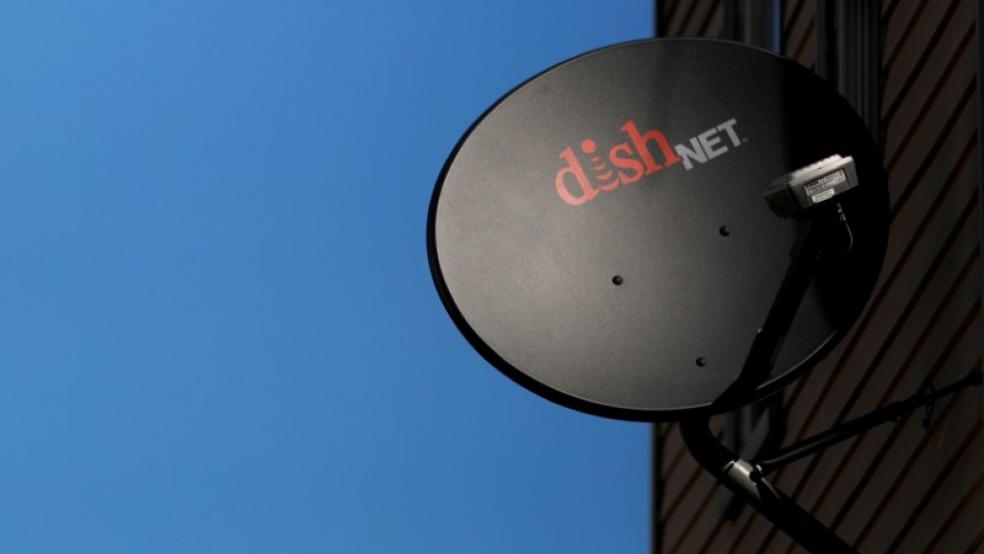WASHINGTON (Reuters) - Dish Network Corp has joined forces with conservative media, trade and liberal advocacy groups in urging U.S. authorities to reject Sinclair Broadcast Group's proposed $3.9 billion acquisition of Tribune Media.
Opponents of the deal, according to petitions filed with the Federal Communications Commission (FCC) made public on Tuesday, say it will raise prices while narrowing content and news viewing choices for millions of Americans.Some petitions say the proposed acquisition or merger will also give Sinclair too much influence over local news content.Sinclair, which already owns 173 U.S. television stations, announced plans in May to acquire Tribune's 42 TV stations in 33 markets as well as cable network WGN America and digital multicast network Antenna TV, extending its reach to 72 percent of American households.Sinclair would control far more stations than any of its competitors if the Tribune deal goes forward. In April, the company also announced plans to acquire 18 stations in five states owned and operated by Bonten Media Group."A free and diverse press, a bedrock principle of American democracy, will be crippled by this proposed merger," conservative media company Newsmax Group said in one filing with the FCC that echoed the sentiments of opponents across the political spectrum.One group, Free Press, said Sinclair forces its stations to "air pro-Trump propaganda and then seeks favors from the Trump administration." The Hunt Valley, Maryland-based company has drawn criticism for favoring conservative political candidates. Sinclair in April hired a former Trump campaign adviser, Boris Epshteyn, as a commentator after he briefly served in the Trump White House.The Tribune merger "would turn Sinclair into the nation’s largest broadcast conglomerate and lead to higher prices, more station blackouts, less choice, and less local news for millions of consumers," Dish said in its filing with the FCC.Sinclair would have to divest stations in Seattle, St. Louis, Salt Lake City and Oklahoma City as part of the Tribune acquisition under current rules. But it could reverse course if regulators change media ownership regulations.The American Cable Association, Competitive Carriers Association and advocacy group Common Cause are among the groups and companies that have filed petitions to oppose the deal.One America News Network, a conservative leaning channel, and a number of independent programmers filed a joint petition with the FCC, including conservative commentator Glenn Beck's The Blaze network, opposing the deal.Sinclair defended the Tribune acquisition in its application with the FCC made public in July, saying it would increase "operational efficiencies" and "expand the stations' local coverage" including local news.A spokeswoman for Sinclair declined to comment on the batch of petitions made public Tuesday.Sinclair Chief Executive Christopher Ripley said last week "the industry needs to consolidate to two or three large broadcasters, and really just one to two strong local players in each market ... There's significant savings to be had putting local content players together on a local level.The Computer and Communications Industry Association, a group representing tech companies including Alphabet Inc and Amazon.com Inc, also opposes the deal, saying it would alter diversity and competition across the U.S. media landscape.Cellular operator T-Mobile USA Inc complained that the deal could delay the transfer of broadcast airwaves spectrum for wireless use.In April, the FCC reversed a 2016 decision limiting the number of television stations some broadcasters can buy, paving the way for the Sinclair Tribune tie-up. (Reporting by David Shepardson; Editing by Chris Sanders and Tom Brown)Dish Network, trade groups and others oppose Sinclair Tribune deal

Brian Snyder



